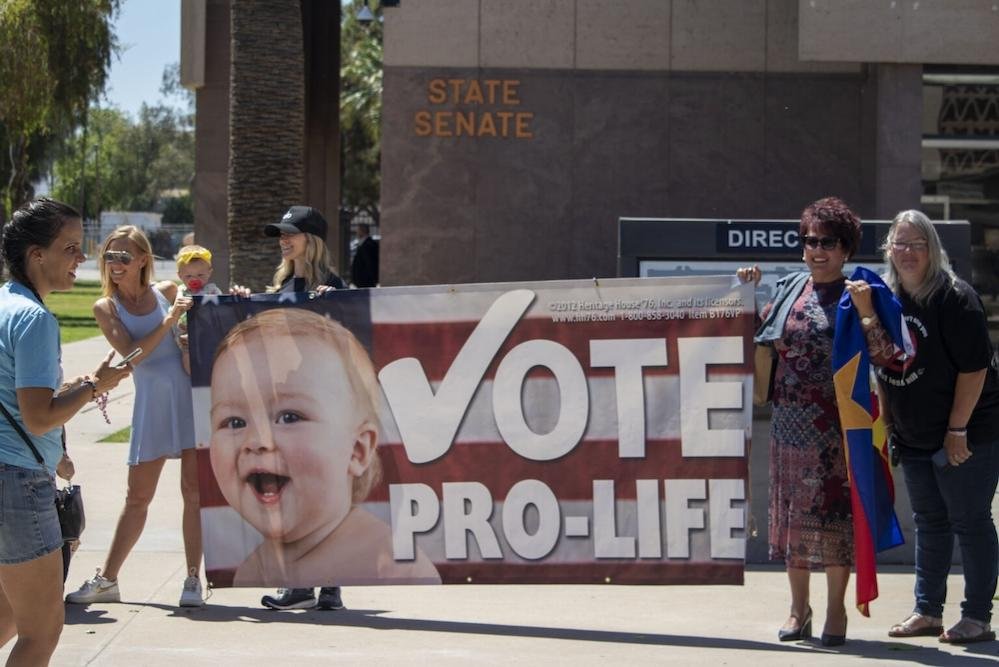arizona
Legal Battle Erupts Over AZ Abortion Initiative, Opponents Argue Voter Confusion

An anti-abortion group has initiated legal action to prevent voters from deciding on a proposed amendment to the Arizona Constitution, which aims to safeguard abortion rights. The lawsuit alleges that the ballot measure is confusing and misleading.
On Wednesday, Arizona Right to Life filed their challenge against the Arizona Abortion Access Act in Maricopa County Superior Court. This nonprofit was part of a failed “Decline to Sign” campaign that tried to dissuade voters from supporting the initiative by collecting signatures. Despite their efforts, supporters of the amendment submitted more than double the required signatures earlier this month.
Arizona Right to Life contends that the initiative’s language is too complicated for voters and sometimes deliberately misleading. Courts hold the authority to block ballot measures deemed intentionally deceptive. The Arizona Abortion Access Act seeks to enshrine abortion access in the state constitution up to fetal viability, around 24 weeks, with exceptions for cases where the patient’s health is at risk.
The act would invalidate any state laws or policies that restrict access to abortion, including the current 15-week ban, unless the state shows a “compelling governmental interest” designed to protect the health of the person seeking an abortion. Opponents argue that this measure misrepresents its premise, especially concerning late-term abortions, and gives too much discretion to abortion providers.
The brief from Arizona Right to Life highlights the vagueness around mental health exceptions, claiming this could mislead signatories. Their argument stresses that the initiative’s undefined terms leave room for broad interpretations, which might have swayed voters against signing if better understood.
Opponents of the measure assert that the “compelling governmental interest” clause fails to clearly preserve state regulatory power over abortions. They argue that the requirement for health-related laws not to infringe on autonomous decision-making effectively nullifies legislative efforts.
The anti-abortion group argues that allowing abortions under broad health interpretations could lead to extreme scenarios where nearly all related regulations are considered unlawful, including licensing standards and insurance requirements. The claim also suggests that Arizona might be compelled to fund abortions due to the act’s emphasis on accessibility.
Arizona Right to Life also accuses nearly 200 petitioners of fraudulently gathering signatures through legally deficient forms. The group believes that invalidating these signatures is essential to blocking the act from appearing on the November ballot.
Cheryl Bruce, campaign manager for Arizona for Abortion Access, dismissed the lawsuit as a desperate attempt to silence the will of over 820,000 Arizona voters. She expressed confidence in the campaign’s success and commitment to restoring abortion access in the state.
Abortion rights have consistently shown strong voter support, even in traditionally conservative states. Recent elections in Kansas and Ohio have demonstrated widespread public backing for protecting reproductive rights, and advocates anticipate similar outcomes in Arizona.


















